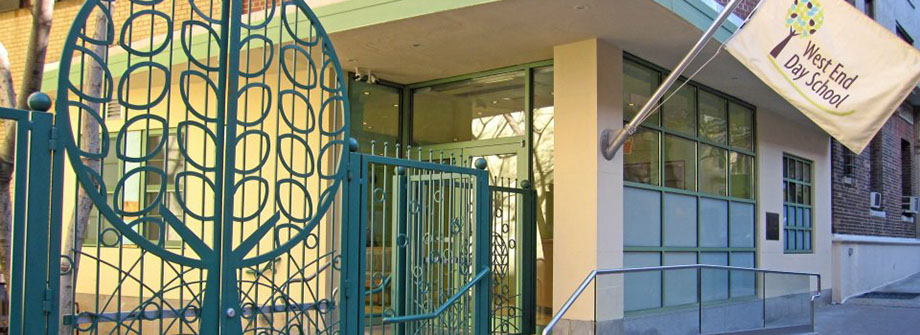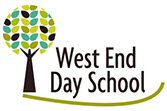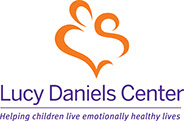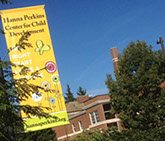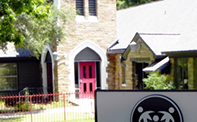

To the right, please find links to our member schools, and below, find brief descriptions of their use of psychonalytic understandings and how it supports their educational ideas and values.
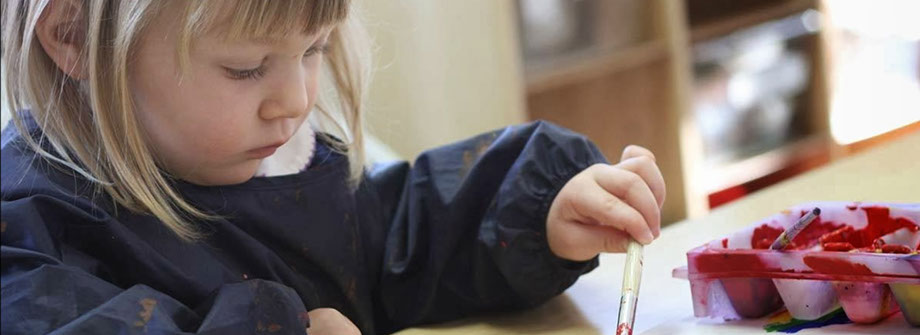
Providing a rich and unique early childhood experience
We support the healthy growth of children in an environment that promotes emotional, intellectual, and interpersonal understanding.

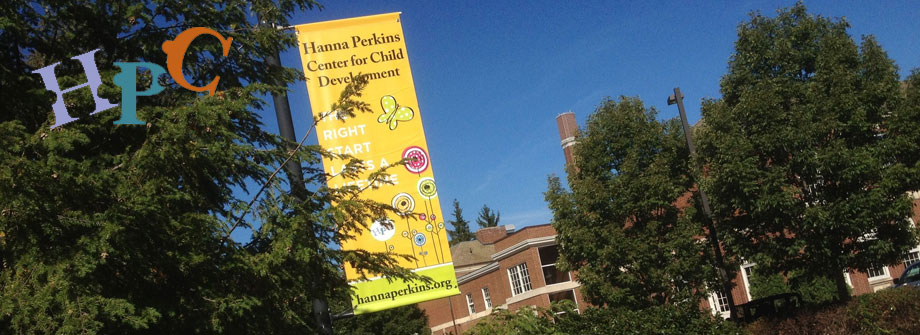
The right start lasts a lifetime
It’s a short period that will set the direction of a child’s entire life, and we are committed to helping parents and children get it right.
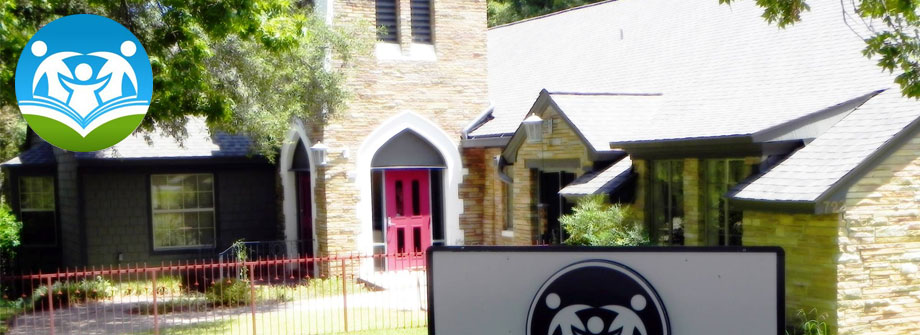
Inspiring children from diverse cultural and economic backgrounds
A 12-year-old open-enrollment public charter school in East
Dallas that replicates Lumin Education’s programs for families
with children ages three to nine years old.
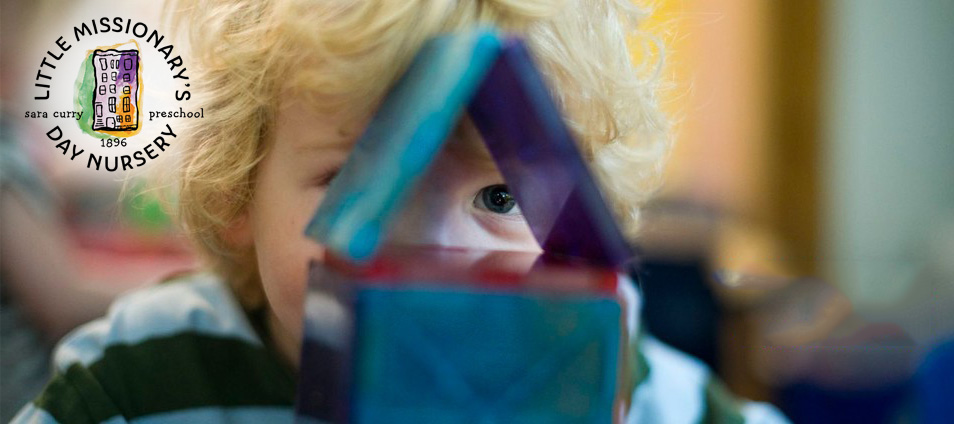
We take the ART approach: Accept, Reflect, Teach
We respect the teacher’s artistry and ability to be flexible and responsive to children’s needs, so
each teacher will execute the philosophy
in his or her own individual way.
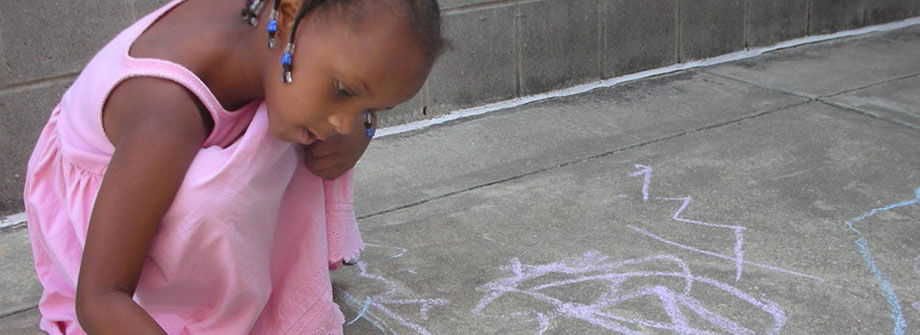

Helping children get back to happy
Our multi-disciplinary team, which includes recognized experts in mental health and education, works together with families to provide a uniquely comprehensive approach, delivering individualized treatment to each child.
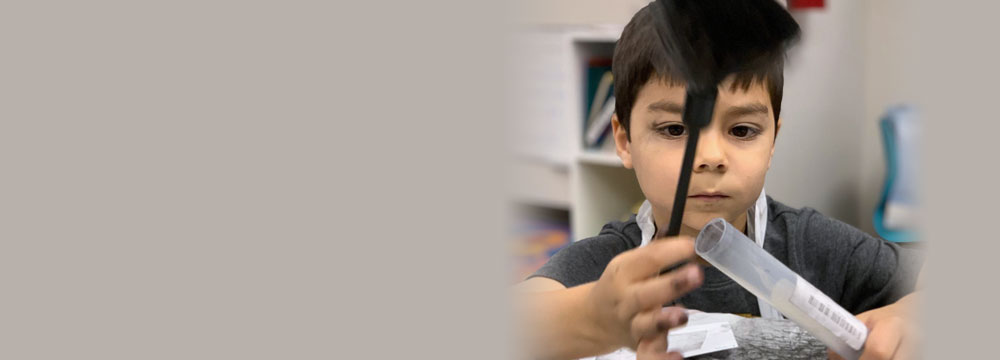
Inclusive education to support the growth of the whole child
To serve the educational needs of exceptional students using an inclusive environment, built on the basic tenets of respect and compassion. Children develop adaptive social practice, problem-solving skills, and discover their learning potential in a setting which addresses the needs of each child.
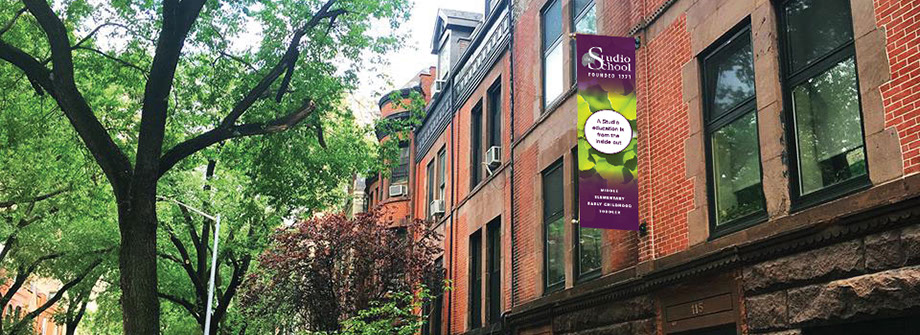
A Studio education
is from the inside out
The Studio School educates the hearts and minds of children as we nurture the unfolding of their authentic spirit and character.
Allen Creek
Preschool,
Ann Arbor, MI
Hanna Perkins
School,
Cleveland, OH
Lindsley Park Community School,
Dallas, TX
Little Missionary’s
Day Nursery,
New York, NY
Lucy Daniels
School,
Cary, NC
The Journey School
of Houston,
Houston, TX
The
Studio School,
New York, NY
West End
Day School,
New York, NY
We recognize that early childhood experiences profoundly affect a person’s lifelong adaptive capacities, which emerge in the ability to love, to work, and to play. We are deeply invested in the early social and emotional development of children as it relates to empathy, kindness, and respect.
We believe that behavior is a form of communication and we therefore strive to understand the child's behavior as linked to his or her inner world of thoughts and feelings. Our aim is to help children identify and label their thoughts and feelings verbally, and to provide a variety of materials and experiences to facilitate their self expression.
We work with each child's strengths to enhance their skills, leading to competency and mastery in many areas, including emotional strength and resilience. The teachers and family consultants work closely with families and emphasize the importance of the parent-child bond.
Our approach is often referred to as The HP Way. Gentle and effective, it’s part of our culture since 1951. It means:
Seeing each child as a complete person: Creating a safe and comforting environment in which each child’s inner thoughts and emotions can be recognized, understood and respected.
Understanding behavior as a form of communication: Working as a team with the parents to understand how emotions and concerns are connected to the way a child feels, and expressed in the way he or she behaves.
Giving voice to feelings and thoughts: Providing each child with the skills to recognize and appropriately express inner thoughts – establishing a basis for emotional mastery that is a foundation for success in school and life.
Taking time: Recognizing the process is different for everybody, and allowing whatever time is needed for a child to achieve this important set of skills.
Providing help: Working with each child on an ongoing basis to gain mastery of feelings and worries rather than trying to suppress them, to support a lifetime of emotional wellbeing.
Involving family: We support parents in the hard work they do by providing information, knowledge, understanding and empathy – in recognition that members of a family are all interdependent.
The approach we take is the ART approach: Accept, Reflect, Teach.
ACCEPT: We validate a child’s feelings and give him the name for what he is experiencing. Being accepted by an empathic adult lets a child feel he is understood, and so he will come to understand himself.
REFLECT: We reflect children’s behavior back to them, rather than trying to control it. A child who can see herself from the outside can gain control over her behavior.
TEACH: We keep our teaching moments to the times when children are not swept up in emotions. Children cannot transcend deep feelings while they are in the middle of them. In quiet moments after the feelings have subsided we can teach by saying things like: “When people hit each other it doesn’t really make anything better, because everyone gets hurt, right?”
We rely upon healing and growth through talk, understanding, and relationships, finding that such an approach leads to true “inside” change that lasts and grows.
We help children find their internal rewards based on their own wishes to be competent and kind. When achieved, this change is permanent and sustainable and based on authentic humanistic values. Furthermore, with this type of help, children become less reliant on the environment to make special modifications – a strategy that often becomes more difficult to implement as time goes on and children have to cope in a school and world that does not accommodate to him/her.
The Studio School Approach™ is the foundation for the intellectual and social-emotional complexities of how our curriculum is taught, inspiring students to have a deep respect for the quality and scholarship of their work, as well as empathy for one another. Our Approach empowers children to integrate what they learn with who they are.
We know that there is no learning without feeling, and the respectful and trusting relationships the students have with their teachers are at the core of the learning experience. Studio teachers have a solid understanding of child development, how children learn, and how the brain works, and use a wide variety of teaching methods. They address developmental timetables—the foundations for maturational growth that promote in-depth thinking and social-emotional education.
The Allen Creek Preschool
The Hanna Perkins School
The Little Missionary’s
Day Nursery
The Lucy Daniels Center
The Studio School
The following is a sampling of the ways in which some APS Member Schools describe their use of psychoanalytic understandings:

Please visit...
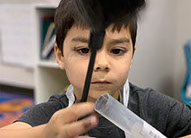
The Journey School of Houston,
Houston, TX
APS-accredited schools are substantially administered by one or more child psychoanalysts, offer on-site educational services to children and parents, and satisfy educational goals and programs as required by the APS Board of Trustees.
Members must meet the following criteria to be considered for accreditation:
- Responsible directors or trustees of the Member school shall attest to the program’s probity and ethical professional practices in the administration, program and outreach efforts.
- A member program shall offer on-site educational services to children of any age and their families.
- A member shall satisfy educational goals and programs as required from time to time by the Board of Trustees.
- A member shall be substantially administered by one or more child psychoanalyst(s).
- A member shall submit information and materials to the accreditation subcommittee of the Board.
- A member shall host a representative from the accreditation subcommittee for a site visit.
Member programs wishing to be accredited by the Alliance for Psychoanalytic Schools should write to the Board President, indicating their fulfillment of the above criteria, and to find out what additional information or planning will be required. The Board President shall appoint a subcommittee to check through the application and make a site visit. The subcommittee shall report to the Board, with a recommendation for or against accreditation. In case of dispute, the Member program may appeal to the Board for discussion and decision.
For information on individual Educator Certification, please click here.
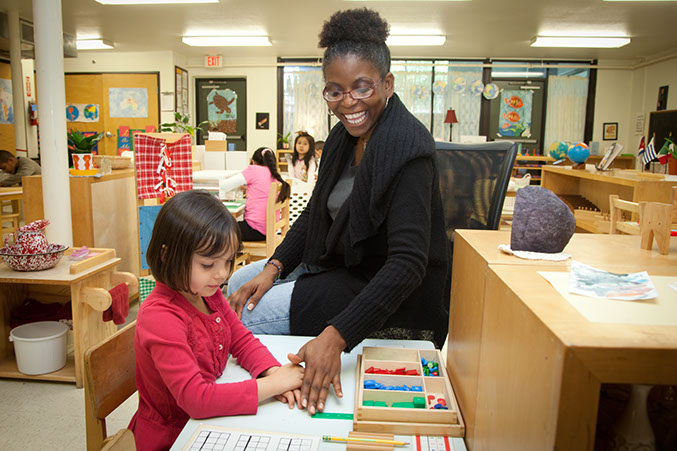
All APS Schools are informed by psychoanalytic understandings. Some were formed and directed by psychoanalysts. Some have an ongoing psychoanalytic consultant. Some involve educators with psychoanalytic training.
Some years ago, a pair of educational consultants (Kristin Beasley & Candi Houghton) were hired to take a look at the founding APS Schools and identify the commonalities they had that distinguished them from other schools. Some of the characteristics they found included:
DISTINGUISHING FEATURES:
- Teacher/Child ratios are low
- Teachers have a high level of autonomy and are supported in using their knowledge of each child
- Teachers work together and have supportive relationships
- There are regular staff meetings where children are discussed and needs are considered
- There are high levels of on-going training and support
- There are regular ongoing Parent/Teacher Interactions
- The main focus is on supporting Social/Emotional Development
UNIQUE FEATURES:
- TIME
– Lots of time is provided for transitions (in a thoughtful way)
– Slow pace (child speed)
– Children are not rushed
– Teachers are patient
– Children can be patient too because they know they will be heard
– Children are encouraged to explore and learn at their own pace
- Focus on INDEPENDENCE & SELF-MASTERY:
– Rather than rushing to do for…teachers support children in doing for themselves
– Teachers understand that support for mastery starts with doing for a child, then “doing with” the child, then “standing by to admire” the child (as with learning to tie shoes)
– Teachers individualize expectations
– Teachers encourage children to : “use your good thinking”
- THERAPEUTIC COMPONENT
– In those schools with a therapeutic focus, parents meet regularly with a therapist to consider how to assist their child; the same therapist meets weekly with the teachers
– In some schools, there are regular parent groups where parents can discuss how to help children with their development
– In other schools, psychoanalytic consultants work as needed with teachers and parents to better understand a child’s difficulties and problem solve together as to how to help the child
INTERACTIONS:
- Teachers listen to children and respect what they have to say
- Teachers notice and comment on how children are FEELING rather than on how they are BEHAVING
- Upsets are acknowledged, addressed, and children are supported rather than distracted or re-directed
- Teachers and Parents are true partners and children’s connection to their parents is honored and facilitated
- There is a unique vocabulary used to articulate understandings:
– “Big Feelings” are frequently referred to
– Communications are facilitated through talk about “sending messages”
– “Separation” is distinguished from “Separateness”
– A child’s conscience is referred to as an “Inside Helper”
– Older children are engaged in the goal of “Using your own brain”
CONSIDERATION OF THE INNER LIFE OF CHILDREN:
A respect for the inner life informs interactions and problem solving; The developmental process informs the curriculum; and parents are included in all aspects of this.
- Support for Mastery of Separation and all the associated feelings is a first step
- Support for Self Care Skills is built in to the daily routines; parents are included
- Learning to manage feelings is considered a part of the learning process
– Children’s feelings are noticed, acknowledged, labeled
– Children’s concerns are talked about with parents who are encouraged to follow up
– Children are given the space and time to have their feelings in an appropriate way, (having private spaces or cubbies to go to when they wish)
– Children are supported verbally, eg reminded that they “will soon get their loving feelings back”

